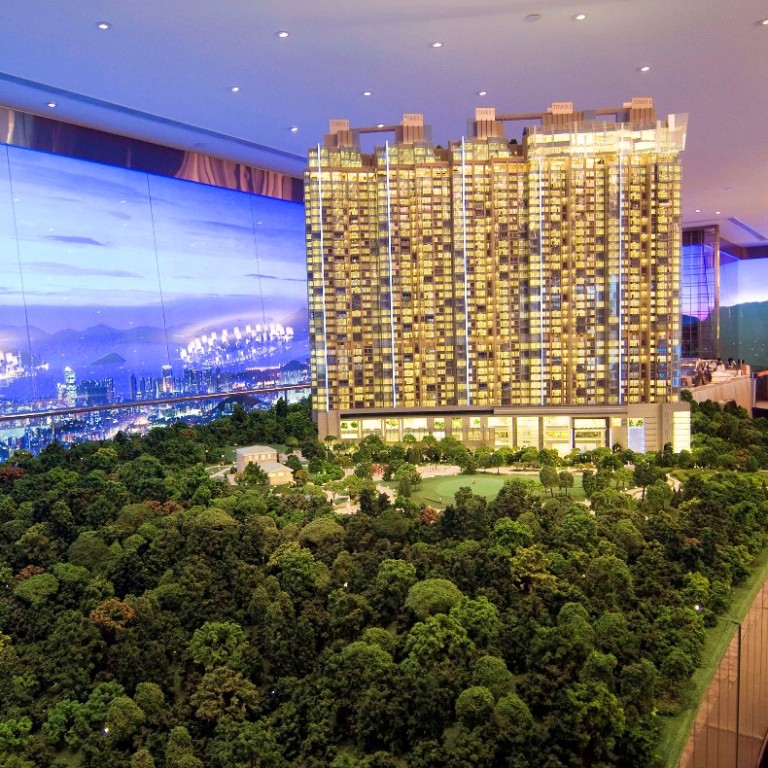
Hong Kong government must ensure there is no abuse of 'green building' scheme
Developers are the beneficiaries of billions of dollars in revenue forgone by the public purse in the form of land premium waivers. This is to encourage them to include green features in their buildings, as well as for implementing sustainable building designs.
Developers are the beneficiaries of billions of dollars in revenue forgone by the public purse in the form of land premium waivers. This is to encourage them to include green features in their buildings such as energy efficiency, ventilation and indoor air quality, as well as for implementing sustainable building designs, like building setback and separation. In return for what they should be striving to do anyway without a cash bait, developers can increase gross floor area by 10 per cent without paying any extra premium.
The policy was introduced by the previous administration to foster a "quality and sustainable built environment". The intention is welcome and the whole idea sounds like a winner all round. It is therefore reasonable to expect openness and accountability to be a hallmark. It is disturbing to hear allegations of conflict of interest involving directors of an industry organisation that has a monopoly over "green" building assessments without government oversight.
The allegations centre on the BEAM (for building environmental assessment method) Society (BSL), founded by industry professionals, which set up the Green Building Council before the scheme began. Certification by BEAM Plus, conferred by the council, is a prerequisite for developers who wish to increase the gross floor area of their projects. In a leaked letter dated May 16, 2013, members of BSL's secretariat alleged that its 25 directors, many drawn from companies in the construction and property sector, had approved plans or project submissions in which some had a vested interest.
BSL chairman Professor Ng Cheuk-yee declined to divulge the results of an investigation but said not all the recommended follow-up actions had been implemented. Democratic Party lawmaker Wu Chi-wai remains "aghast" at the lack of oversight and concerned about the potential for loss of public trust. The Buildings Department took a month to respond to this newspaper's request for comment and then said it was not "involved in the management and operation [of the council, BSL or the scheme]". That may be true, but the department promulgated comprehensive practice notes for implementing the policy in the first place, so it is better placed than most to advise on protection of the public interest. The government could make a start by turning BSL into a statutory body to make it accountable, as recommended by the Independent Commission Against Corruption.

